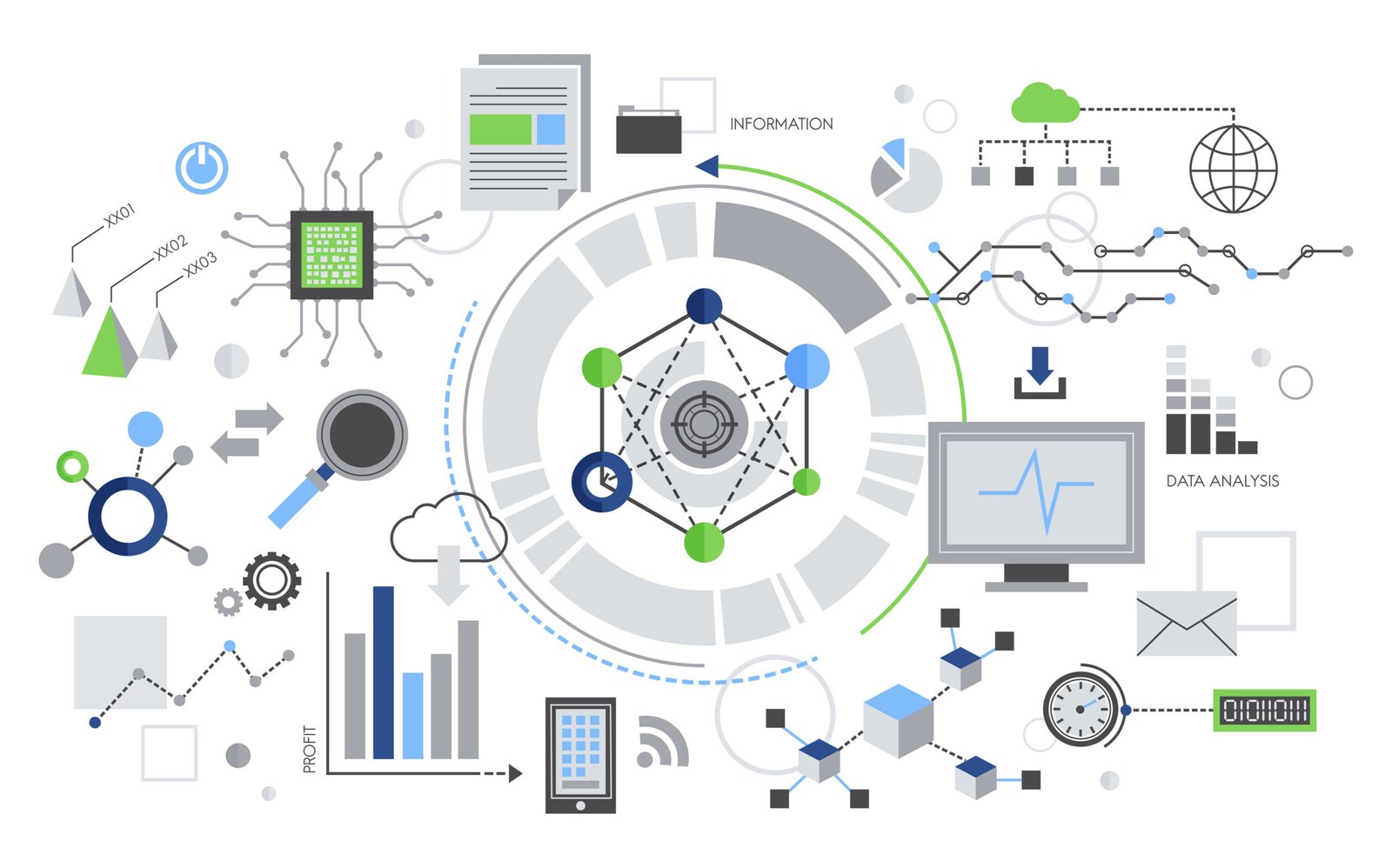How to Tackle Generative AI with Robust Data Governance

Generative AI is transforming industries by creating data and content that were previously unimaginable. However, with great power comes great responsibility. It’s not just about developing these incredible technologies; it’s also about managing the data they produce. Data governance is critical to ensuring the ethical and effective use of generative AI.
Understanding Generative AI
Generative AI refers to algorithms that can create new content, whether it’s text, images, or sounds, based on their training data. Examples include chatbots like ChatGPT, which can generate human-like text, and image generators like DALL-E. These tools utilize vast amounts of data to learn and produce outputs that can be startlingly accurate and creative.
However, while the advancements in generative AI are thrilling, they come with significant data management challenges. Here, data governance becomes crucial to harnessing AI’s potential safely and responsibly. For companies employing AI, maintaining data integrity, privacy, and quality is essential.
The Importance of Data Governance
Data governance involves managing the availability, usability, integrity, and security of the data employed in a company. Its objective is to ensure that data is consistently handled to meet organizational and regulatory requirements. Effective data governance becomes even more vital when dealing with generative AI, given the volume and sensitivity of the data involved.
Data Privacy
Firstly, safeguarding data privacy is non-negotiable. Organizations must ensure that their generative AI tools comply with regulations such as GDPR and CCPA. Personal data used in training AI models should be anonymized to protect individuals’ privacy.
Moreover, implementing robust access control mechanisms is essential. These measures can ensure that only authorized personnel can access sensitive data, minimizing the risk of data breaches. To learn more about data privacy best practices, you can visit the official GDPR website.
Data Quality
Secondly, maintaining high data quality is pivotal. Generative AI models are only as good as the data they’re trained on. Therefore, ensuring data accuracy, completeness, and consistency is paramount. Poor data quality can result in AI models that produce biased or inaccurate outputs.
Implementing data quality management frameworks within your organization can help rectify issues promptly. Regular data audits and cleansing routines can ensure that the data fed into your AI models is of the highest standard. Read more about data quality management practices here.
Data Transparency
Finally, data transparency fosters trust. Organizations should be transparent about the data sources used and the methods involved in training their AI models. When stakeholders understand how data is collected and utilized, it builds trust and confidence in the AI systems deployed.
Providing clear documentation on data usage processes and making this information accessible can help in achieving transparency. This openness is crucial for building ethical AI and gaining stakeholder support.
Implementation Strategies for Effective Data Governance
Implementing effective data governance isn’t a one-size-fits-all approach. However, some strategies can universally apply to most organizations looking to tackle generative AI and data governance.
Establish Clear Policies
First, establish clear data governance policies that outline how data should be collected, managed, and used within your organization. These policies should align with legal and regulatory standards as well as internal ethical guidelines.
Additionally, regular policy reviews and updates are necessary to keep pace with evolving data regulations and technological advancements. This proactive approach ensures that your data governance practices remain relevant and effective.
Invest in Technology
Secondly, invest in technologies that support data governance. Tools that provide data lineage, for instance, can help track the origin, movement, and evolution of data through your systems. Data cataloging tools can enhance data discovery and management.
Moreover, AI-powered data governance tools can streamline processes by automating data classification, cleansing, and monitoring tasks. These technologies enhance efficiency and accuracy, ensuring robust governance practices.
Foster a Data-Centric Culture
Creating a data-centric culture is another crucial strategy. Encourage employees to value and prioritize data governance through training and awareness programs. When the entire organization understands the importance of data governance, it fosters collective responsibility and adherence to best practices.
Developing a data stewardship program that designates specific roles and responsibilities for data management can also be beneficial. This approach ensures accountability and reinforces the importance of maintaining high data governance standards.
Effectively tackling generative AI and data governance requires a comprehensive approach. By prioritizing data privacy, quality, and transparency, organizations can build trust and enhance the reliability of their AI systems. Implementing clear policies, investing in appropriate technologies, and fostering a data-centric culture are practical steps in this journey.
Ensuring robust data governance not only protects sensitive information but also maximizes the potential of generative AI. As a result, companies can innovate responsibly and sustainably in the ever-evolving digital landscape.
For additional resources and insights, consider exploring this informative guide on data governance by TechTarget.


